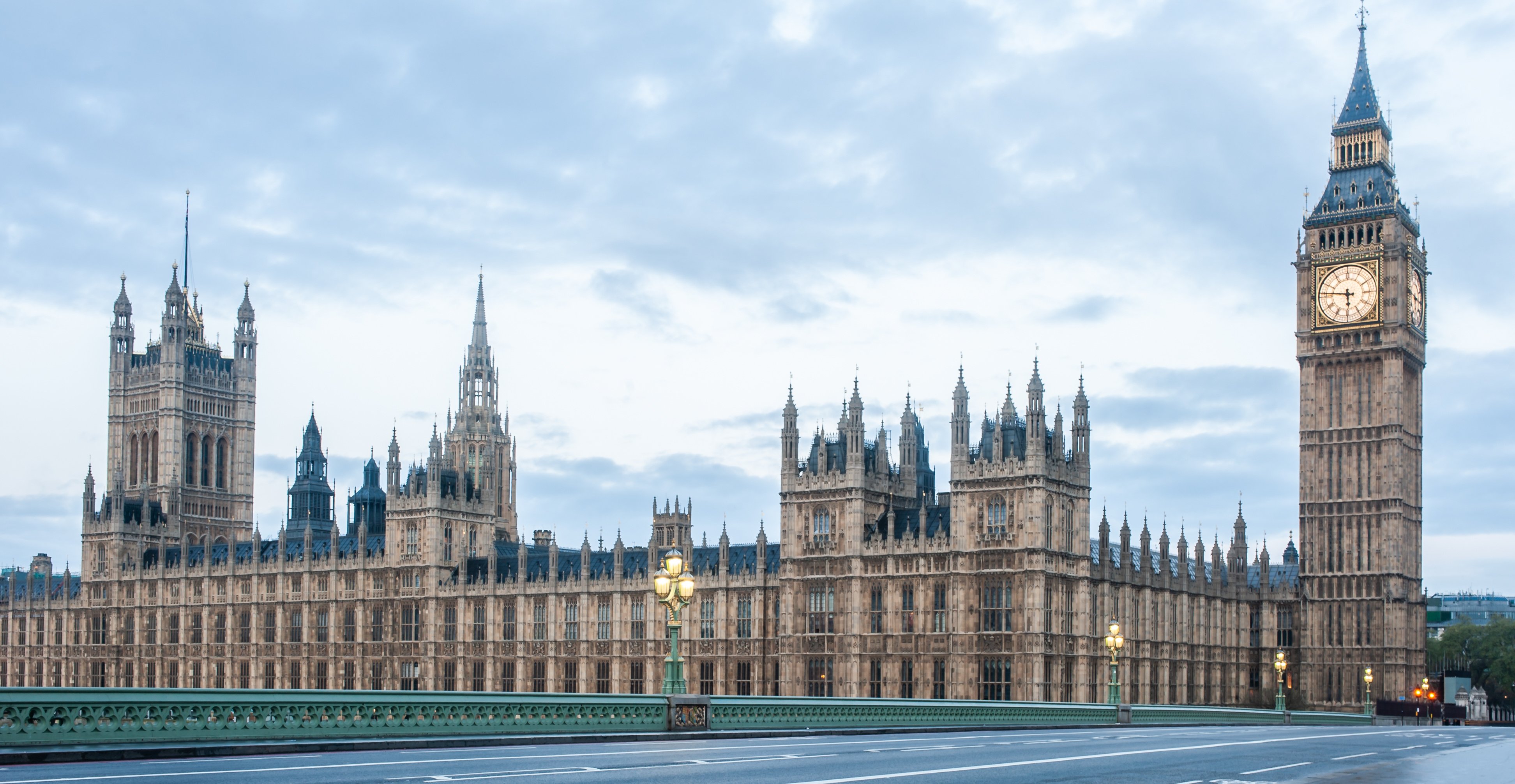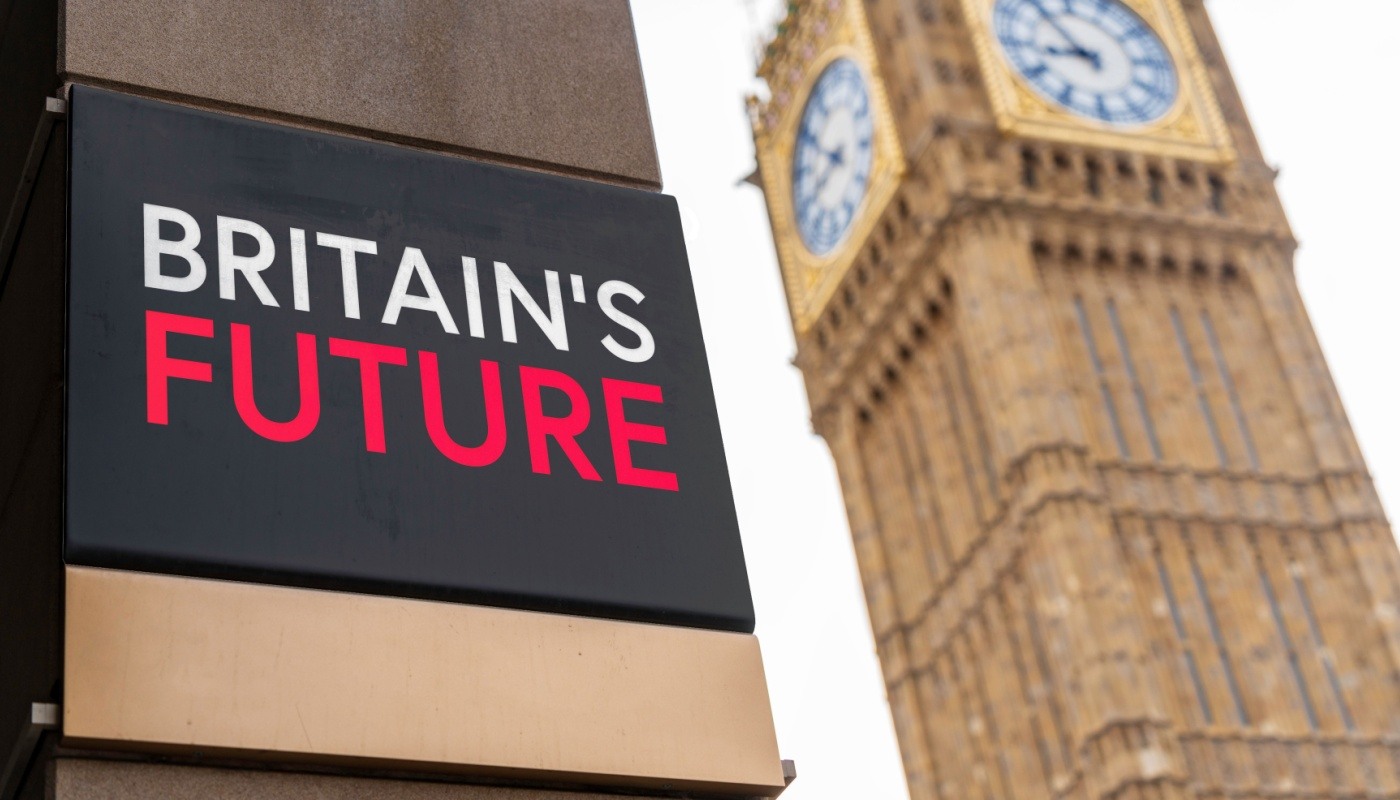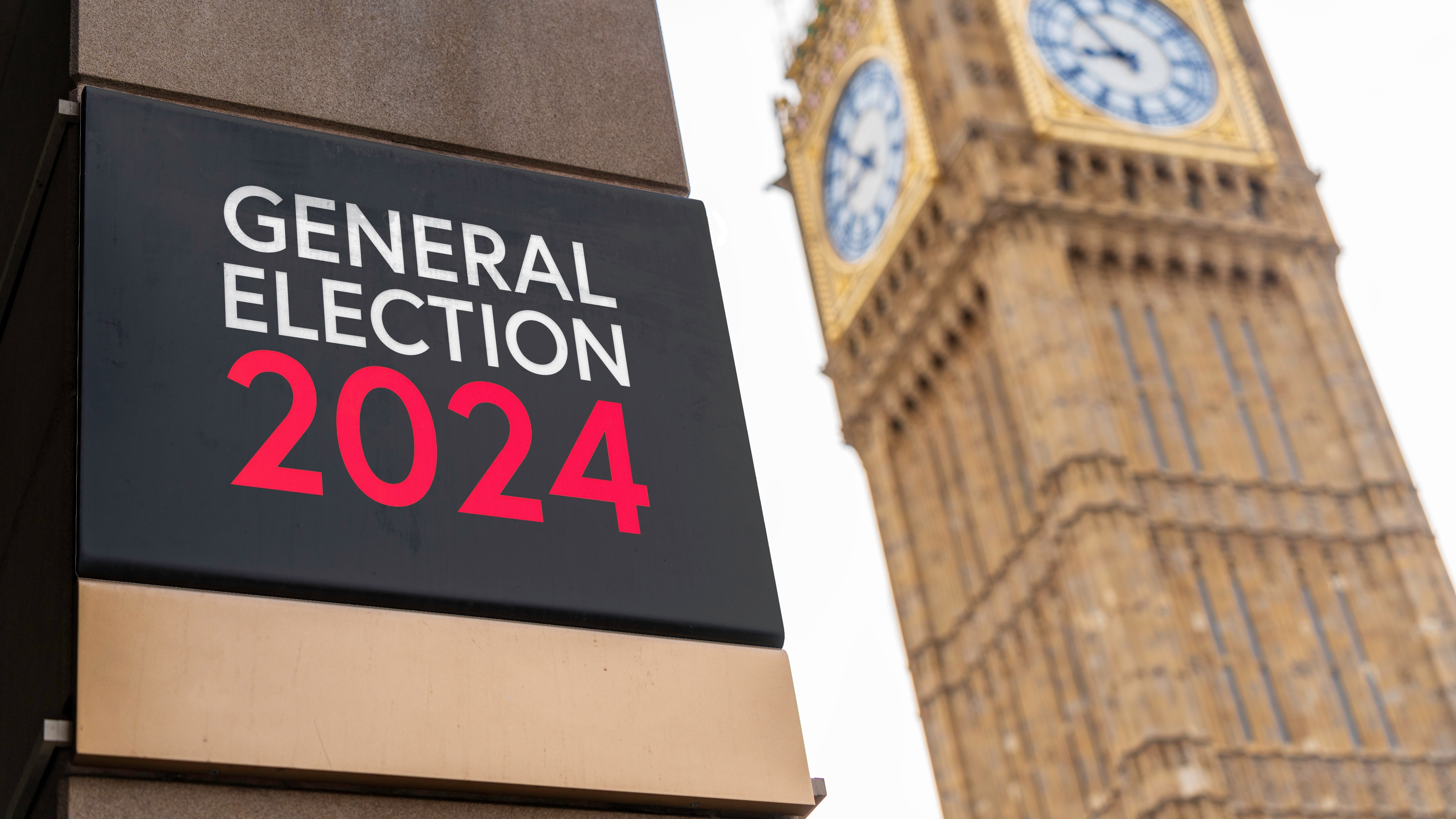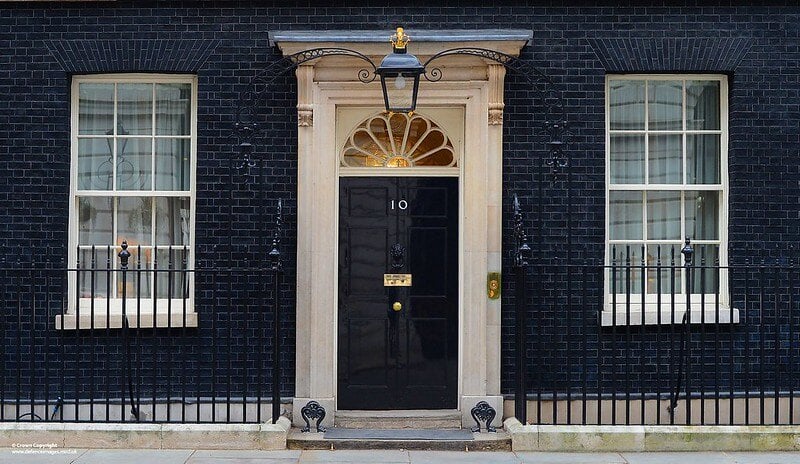Digital ID is a hot topic. Is it mandatory? Who would make it? How could the government secure the data?
Inclusivity: Is the UK government standing up for women in tech?
Written by Sabrina Steele on 15 Oct 2025
The role of women in tech has been making headlines recently. From the gender gap in the industry to the online abuse faced by women and girls, the challenges are increasingly visible. But so, too, are the opportunities — especially as greater inclusivity has been shown to drive innovation and growth.
Reflections from Labour Party conference
Written by Shomik Panda on 02 Oct 2025
Returning from Liverpool, here are a few reflections on Labour party conference 2025.
Is the gig up? Regulating platform work in the UK
Written by Sofia Marchetti on 19 Sep 2025
This blog explores what plans to regulate gig-economy work could look like in the UK, suggesting examples officials might look to and the challenges they will face.
AI and Copyright – where do we go from here?
Written by Sabrina Steele on 09 Sep 2025
As artificial intelligence continues to evolve at pace, the UK faces a difficult balancing act: how to support AI innovation while protecting the rights of creators. This tension boiled over in the debate over copyright and AI training as part of the Data (Use and Access) Bill passage.
With policymakers, tech firms and the creative industries still far apart — and the government yet to clarify its position — finding a workable solution is expected to be one of the UK’s most challenging digital policy issues over the next few months.
So what’s getting in the way?
This post looks at the key barriers to — and potential solutions for — a fair and enforceable copyright framework for AI.
Search Results: How Wikipedia's challenge to the Online Safety Act makes a case for Outcomes-Based Influence
Written by Harry Sidnell on 29 Aug 2025
This blog will explain the background to the UK High Court’s recent decision in Wikimedia Foundation v Secretary of State for Science, Innovation and Technology, and will outline lessons learned for firms wishing to influence future policy (regarding the OSA and beyond). It does not constitute legal advice, but instead emphasises the advantage of consistent, politically-conscious messaging when engaging legislators. The blog therefore focuses in particular on the first and second limbs of the claim, which were largely based on Ofcom’s advice to the Secretary of State — advice in itself informed by prior stakeholder engagement. Our conclusion, given Wikimedia’s example, is that companies may be best served by showing, pre-emptively, how burdensome regulation can harm their business and the public good, defined in political terms, rather than by making a more purely technical argument about the letter of the law and then hoping for favourable advice from an already overstretched regulator.
A summer of crypto in the UK — and what’s next
Written by Sabrina Steele on 08 Aug 2025
Crypto-asset ownership in the UK is growing, comprising as much as 12% of the population according to the Financial Conduct Authority (FCA). The UK government, judging from recent financial-services announcements, certainly hopes crypto can supports its Plan for Growth. And yet industry remains concerned the UK is falling behind the US, Brazil, South Korea and others in taking advantage of these new technologies. This blog considers influences and likely scenarios for the crypto sector.
Labour one year in: Progress on tech and digital policy
Written by Sabrina Steele on 01 Aug 2025
We are now a year into a Labour government in the UK, with digitalisation and technology playing a central role and forming a key part of the Plan for Growth. The government has placed tech at the heart of building a digital-based economy across its 5 core missions: safer streets, clean energy, economic growth, breaking down barriers and making the NHS fit for the future.
Implications of recent UK government announcements on the tech sector
Written by Sabrina Steele on 12 Jun 2025
The government continues to prioritise tech policy in the UK with London Tech Week, the Spending Review and AI Summit London all highlighting the important role government expects tech to play in driving economic growth. Here are some reflections on what it may mean:
What does the AI Opportunities Action Plan offer businesses?
Written by Harry Sidnell on 21 Jan 2025
This blog identifies some of the key recommendations made in each of the recently published AI Opportunities Action Plan’s sections (investing in the foundations of AI, pushing on cross-economy AI adoption, and securing the UK’s future with homegrown AI), highlighting those which offer the most promise to AI developers or adopters. It will then consider how Inline is well-positioned to leverage its tech expertise and relations with government to assist businesses in realising their AI ambitions.
King’s Speech – the UK’s legislative programme for the tech, climate, and energy sectors
Written by Mitali Sud on 18 Jul 2024
On 17 July, King Charles III delivered the King's Speech, outlining the government's legislative programme for the new parliamentary session. The government has announced 40 bills which aim to unlock growth and ‘take the brakes off Britain’. This blog examines the proposals affecting the tech, climate, and energy sectors, and what business should expect as the government introduces legislation.
What does Labour’s election win mean for the tech, climate and clean energy sectors?
Written by Pia Doering on 05 Jul 2024
The electorate has given Labour the second-largest majority (after Tony Blair in 1997) in British parliamentary history since Clement Atlee led a Labour Government in 1945. While the result needs to be qualified by the low voter turnout (at an estimated 60%, it was the second-lowest in post-war history) and the low share of the vote that Labour obtained (at only approximately 34%), the size of its majority means the party will have a largely free hand in pushing its agenda through parliament. Now that the UK has a new Prime Minister, a new parliament, and, shortly, a new cabinet, we look at what Labour’s victory could mean for the tech as well as the climate and energy sectors.
What did the 2019-24 Parliament do for the tech sector?
Written by Matthew Niblett on 30 May 2024
In advance of the General Election on 4 July, Parliament has been formally dissolved. This Parliament, constituted following Boris Johnson’s landslide election victory in December 2019, has passed several pieces of important tech legislation, though some others have fallen by the wayside in the rush to finish business before dissolution. In this blog, we examine what the 2019-24 Parliament, and the government which commanded a majority within it, did for the tech sector.
New digital competition reforms receive royal assent
Written by Mitali Sud on 24 May 2024
The Digital Markets, Competition and Consumers (DMCC) Act establishes a new regime for digital competition in the UK. The Act also updates the Competition and Markets Authority’s (CMA) powers to enforce existing competition law and resolve consumer disputes, and protects consumers from unfair commercial, subscription, prepayment and saving schemes. The Act received royal assent on 24 May. In this blog, we discuss the new ex-ante competition regime established by the Act and what companies should expect as the CMA begins to enforce the legislation. The blog examines how the UK general election might influence the enforcement timeline.
UK General Election - What happens now?
Written by Matthew Niblett on 22 May 2024
The prime minister has announced that he is calling a general election on 4 July. Here is what happens next.
 Insights from Inline Policy listing page
Insights from Inline Policy listing page












